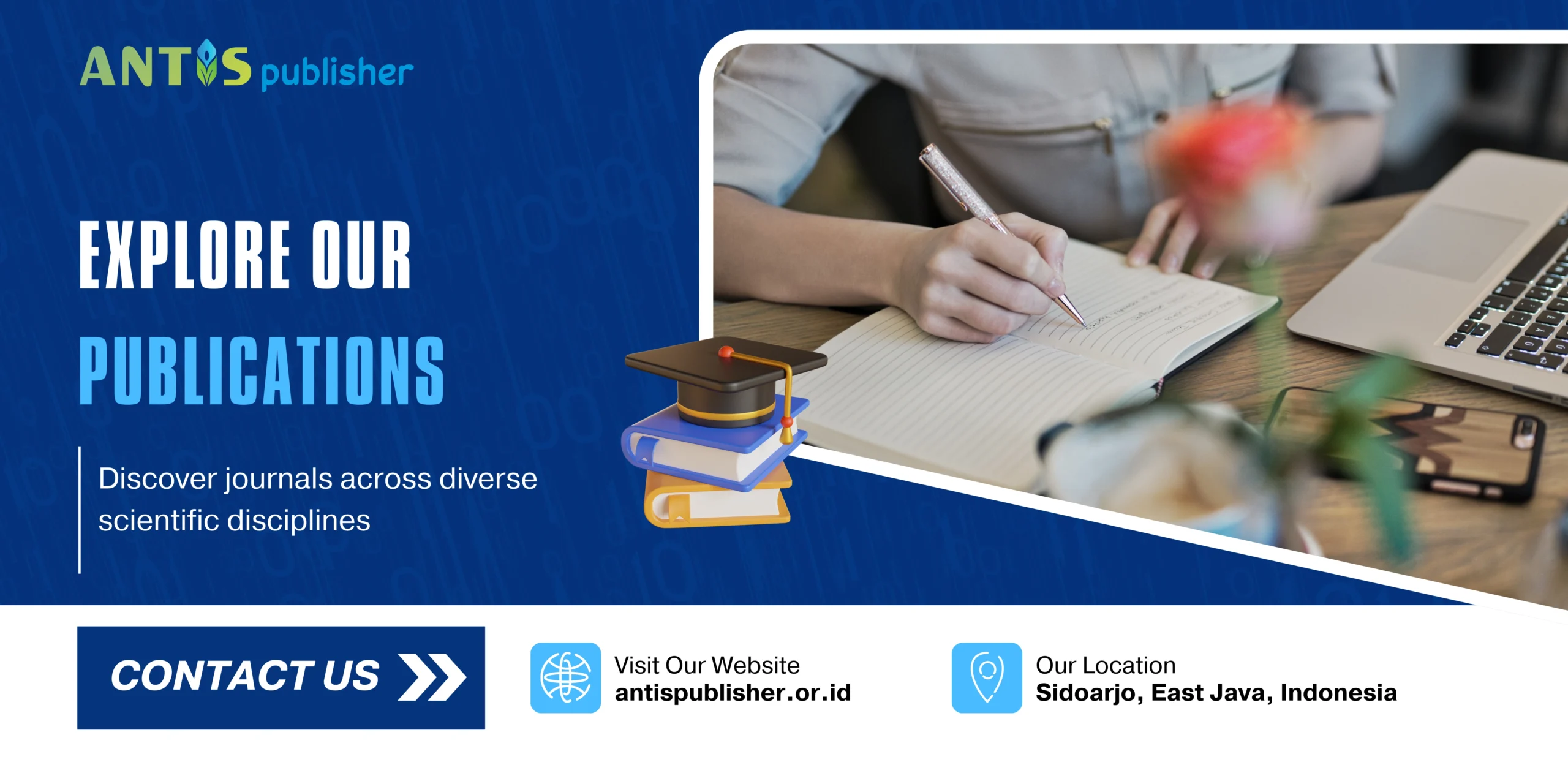ISSUES OF TOLERANCE, NATIONAL IDENTITY AND IDEOLOGICAL IMMUNITY ARE BECOMING INCREASINGLY RELEVANT IN THE PROCESS OF GLOBALIZATION
Downloads
Objective: With an emphasis on the difficulties and solutions for maintaining cultural values in the face of global integration, this study attempts to investigate how globalization has affected Uzbekistan's national identity, tolerance, and ideological immunity. Method: The impact of globalization on Uzbekistan's social and cultural structures was evaluated through a qualitative analysis that combined historical, sociological, and ideological frameworks. Policy documents, cultural studies, and interviews with important players in the preservation of national identity were the sources of the data. Results: The report highlights the main dangers of globalization, such as the loss of national identity and cultural uniformity. Along with outlining strategies for maintaining ideological immunity, it highlights how national policies and neighborhood projects can foster cultural resilience. A number of adaptation techniques are put forth to preserve cultural values and provide stability in the face of external forces. Novelty: By providing fresh perspectives on the idea of intellectual immunity as a safeguard against cultural dilution in a globalized environment, this study adds to the scant literature on the relationship between globalization and national identity in Central Asia.
Decree of the President of the Republic of Uzbekistan, "On further improvement of state policy in the field of national culture," No. UP-5268, Nov. 30, 2017.
Resolution of the Cabinet of Ministers of the Republic of Uzbekistan, "On measures to implement the state program for the development of national culture for 2019-2021," No. 1047, Dec. 25, 2018.
Decree of the President of the Republic of Uzbekistan, "On measures to further improve the system of spiritual and educational work," No. UP-5635, Jan. 15, 2019.
H. Islamov, "The Impact of Globalization on the Formation of National Identity in Uzbekistan," Sociological Research, vol. 8, no. 4, pp. 45-59, 2019.
A. Rakhimov, "Globalization and Changes in the Perception of Cultural Values in Uzbekistan," Bulletin of National Culture, vol. 7, no. 3, pp. 30-42, 2020.
Resolution of the Cabinet of Ministers of the Republic of Uzbekistan, "On measures to develop interethnic harmony and tolerance in the Republic of Uzbekistan," No. 633, Jul. 22, 2019.
UNESCO, “Report on Cultural Diversity in Central Asia,” UNESCO, Paris, 2020.
M. Alimov, "Tolerance and issues of youth education in the context of globalization," Pedagogy and Culture, vol. 9, no. 2, pp. 60-73, 2021.
Declaration on cooperation in the field of culture and intercultural dialogue between Uzbekistan and UNESCO, signed in 2021.
Sh. Karimov, "Ideological Immunity in the Context of Globalization: Challenges and Prospects for Uzbekistan," Political Science Journal, vol. 5, no. 1, pp. 15-28, 2022.
State program "Development of national culture and tolerance in the context of globalization" for 2023-2025, approved by the Government of the Republic of Uzbekistan.
Resolution of the Cabinet of Ministers of the Republic of Uzbekistan, "On measures to improve the system of education in the spirit of tolerance and respect for national traditions," No. 816, Aug. 17, 2023.
Program of educational events for the development of tolerance and national pride, Ministry of Education of the Republic of Uzbekistan, 2023.
United Nations, “Human Development Report: Cultural Diversity and Sustainable Development,” United Nations, New York, 2023.
Copyright (c) 2024 Faizullayeva Iqboloy Ghairatovna

This work is licensed under a Creative Commons Attribution 4.0 International License.























